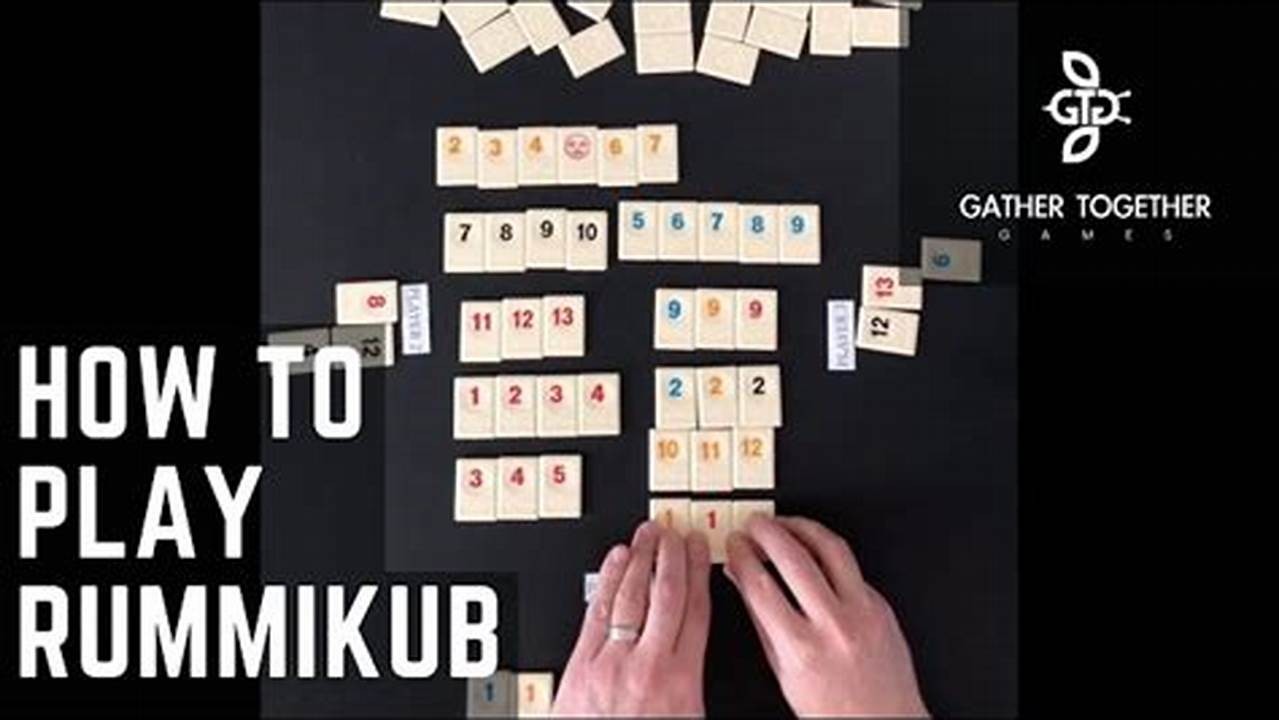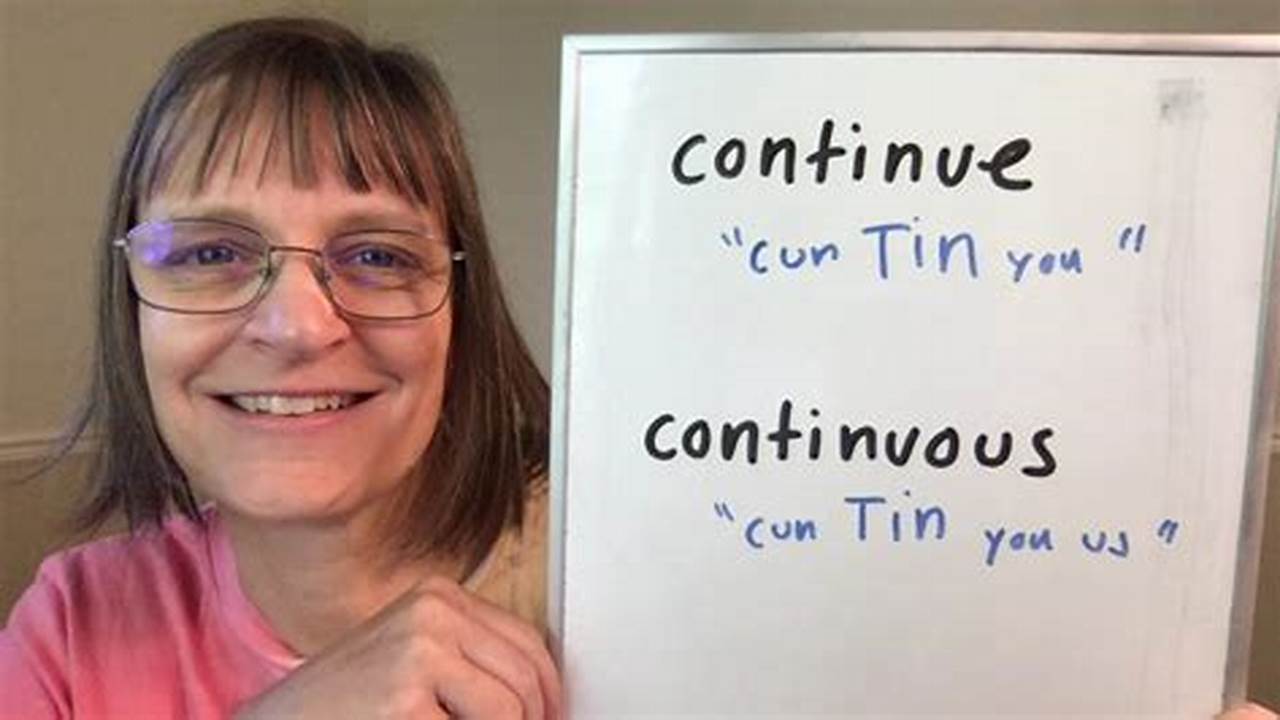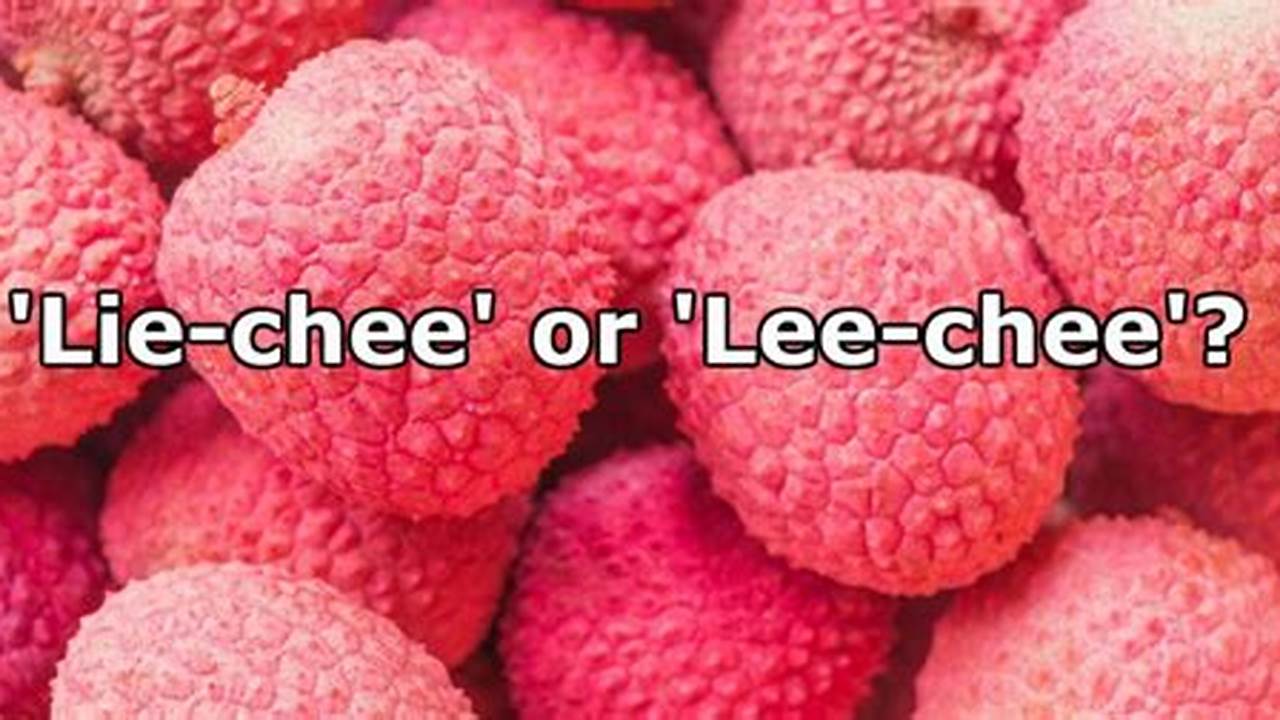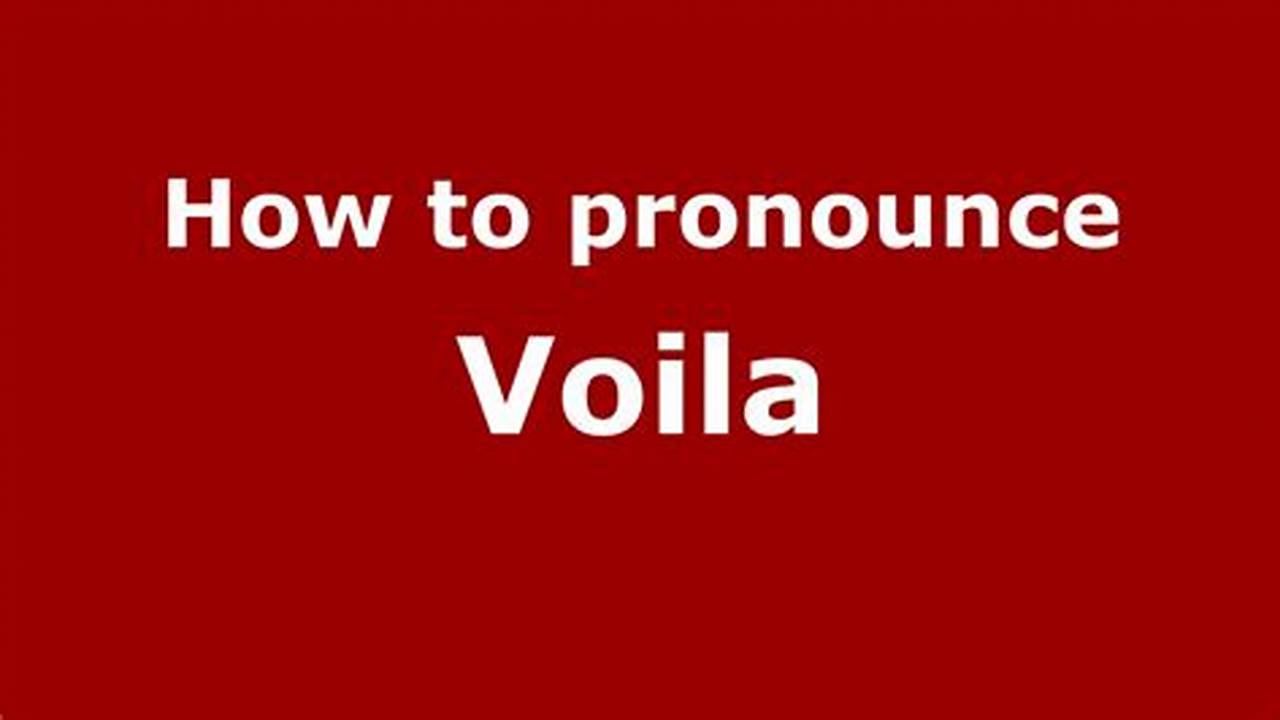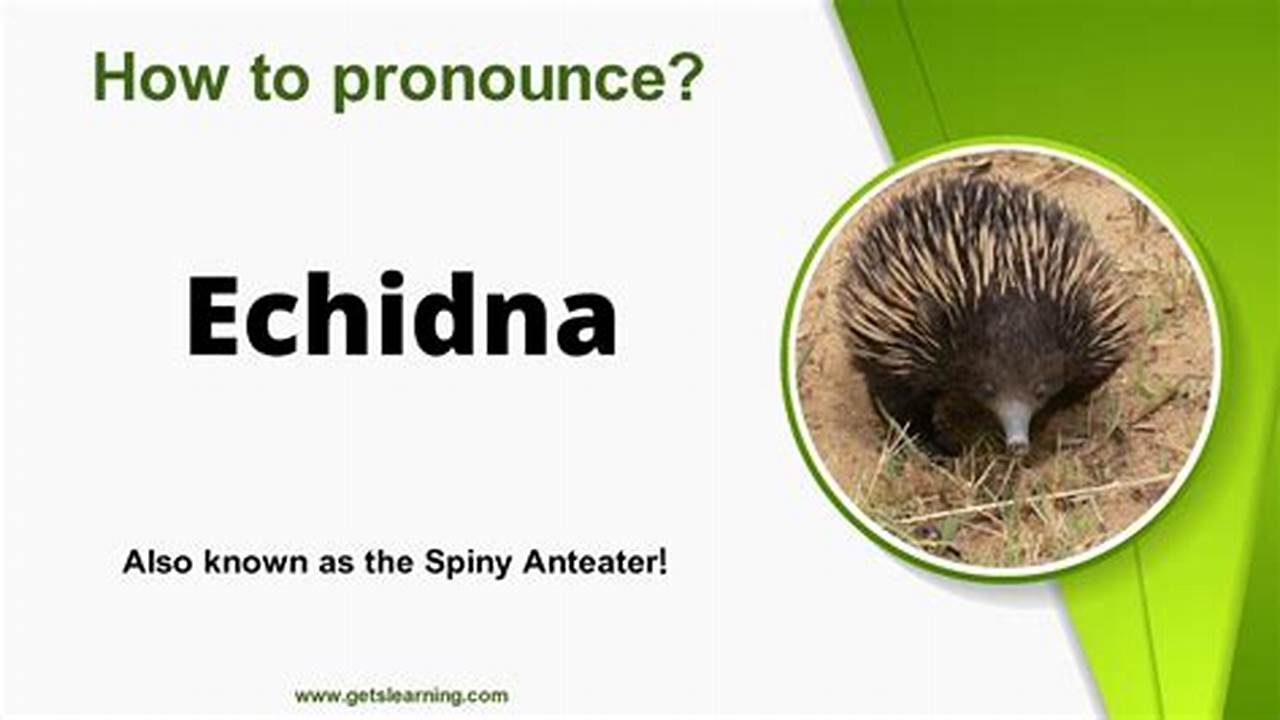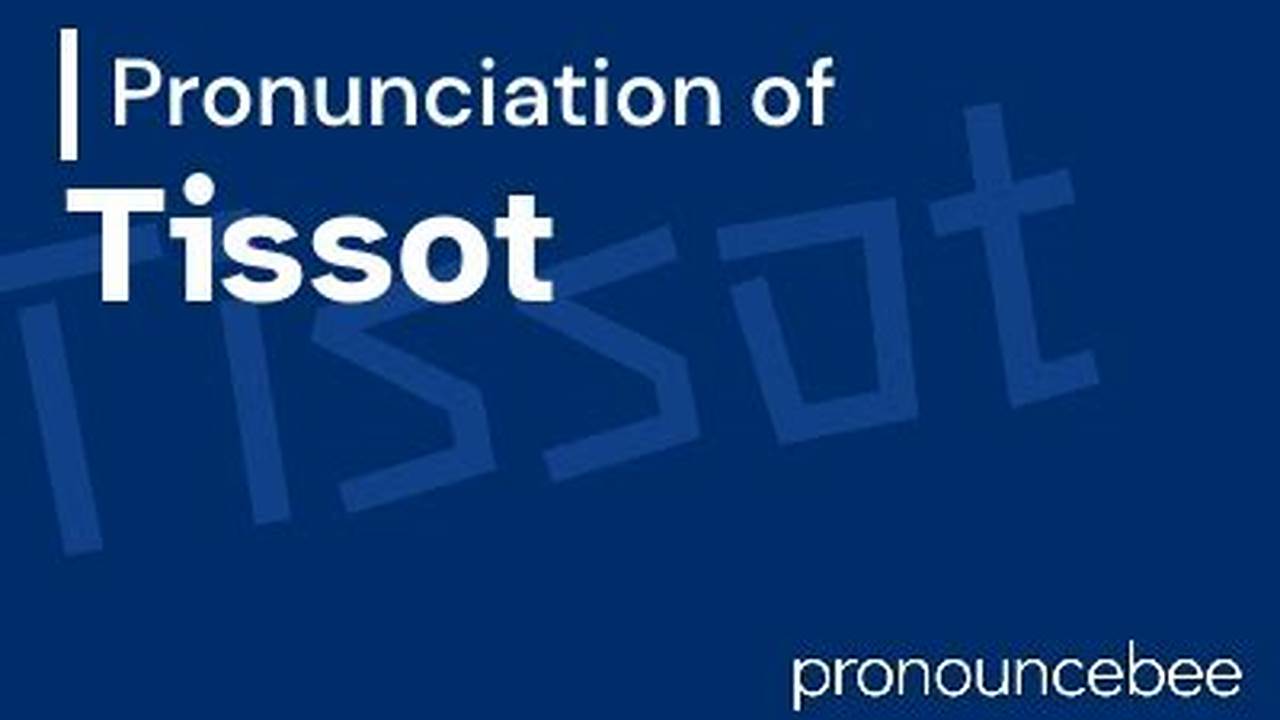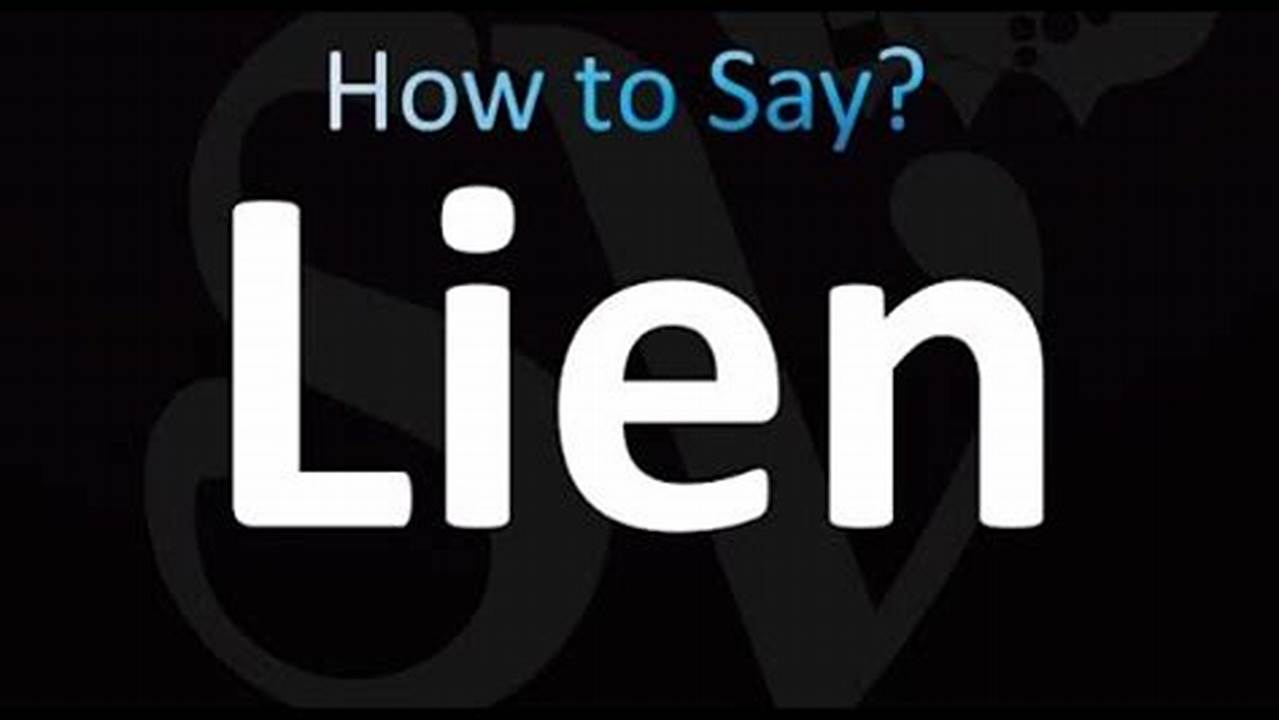
“Lien” is a legal term pronounced as “lee-en.” It refers to a claim or charge against a property as security for a debt or obligation. For example, a mechanic’s lien is a legal claim against a property for unpaid work or materials.
Liens are important because they give creditors a way to secure their claims against a property. This can be especially important in cases where the debtor is unable to pay their debts. Liens can also be used to protect the rights of property owners, as they can prevent creditors from seizing property that is not subject to the lien.
